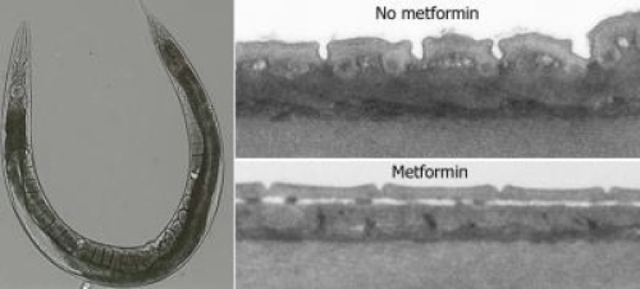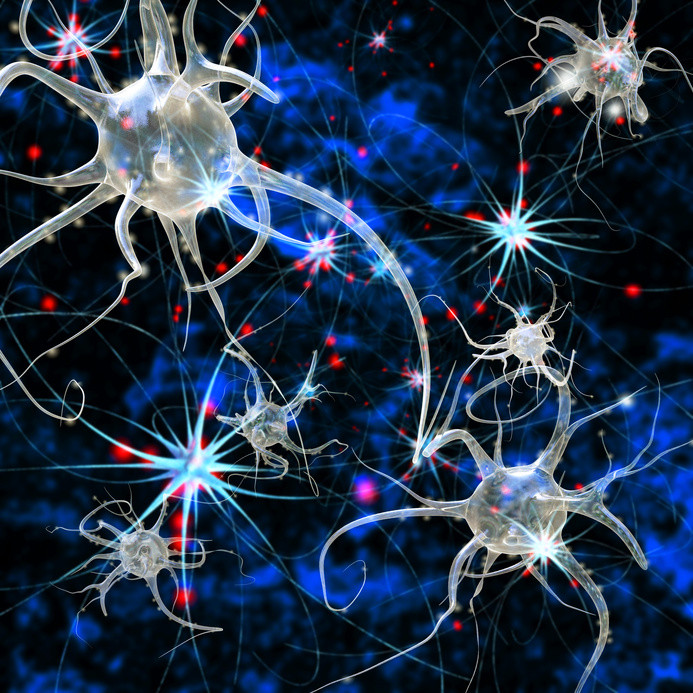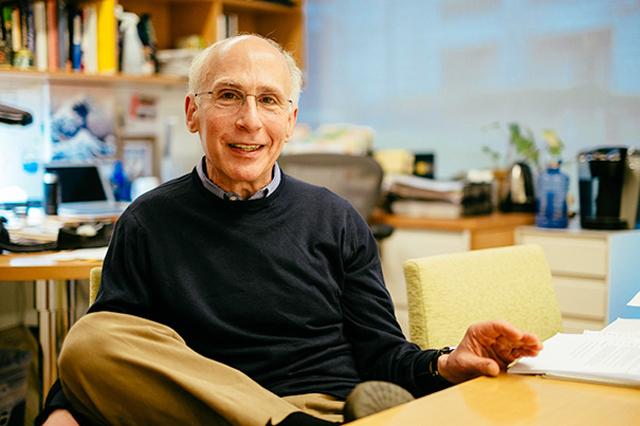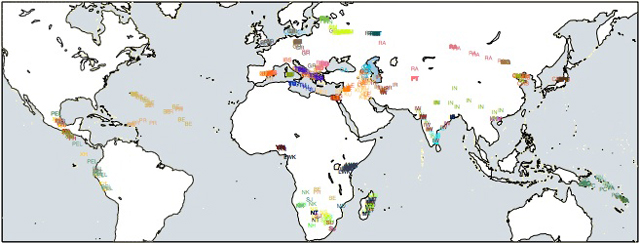A study by Belgian doctoral researcher Wouter De Haes (KU Leuven) and colleagues provides new evidence that metformin, the world's most widely used anti-diabetic drug, slows aging and increases lifespan. In experiments reported in the journal Proceedings of the National Academy of Sciences, the researchers tease out the mechanism behind metformin's age-slowing effects: the drug causes…
Read more
Anti-diabetic drug slows aging and lengthens lifespan, animal study suggests










